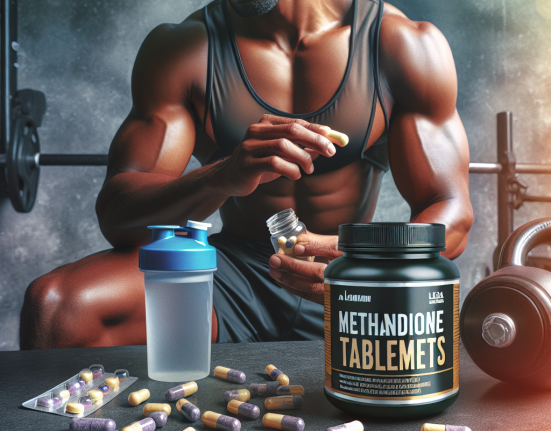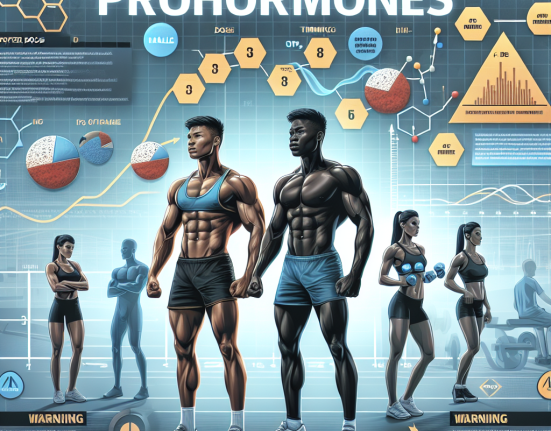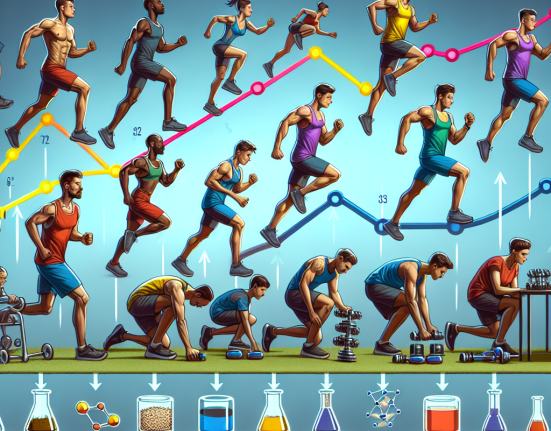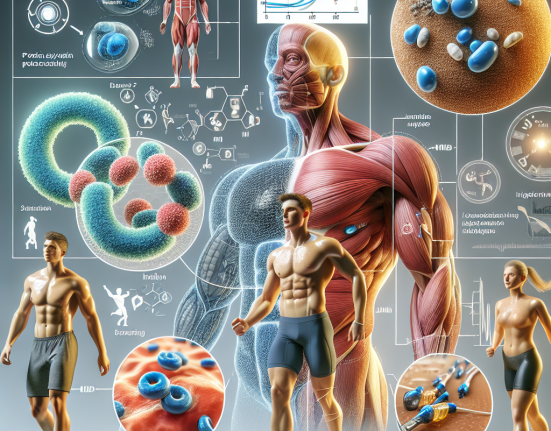-
Table of Contents
- Tribulus Terrestris: Mechanisms and Benefits for Athletes
- What is Tribulus Terrestris?
- Mechanisms of Action
- Benefits for Athletes
- 1. Increased Testosterone Levels
- 2. Improved Muscle Mass and Strength
- 3. Enhanced Endurance
- 4. Reduced Exercise-Induced Muscle Damage
- Safety and Side Effects
- Conclusion
- References
Tribulus Terrestris: Mechanisms and Benefits for Athletes
Athletes are constantly seeking ways to improve their performance and gain a competitive edge. While proper training and nutrition are essential, many athletes also turn to supplements to enhance their athletic abilities. One such supplement that has gained popularity in recent years is Tribulus terrestris.
What is Tribulus Terrestris?
Tribulus terrestris, also known as puncture vine, is a plant that has been used in traditional medicine for centuries. It is native to warm and tropical regions and has been used in Ayurvedic and Chinese medicine to treat various ailments, including sexual dysfunction, kidney problems, and cardiovascular diseases.
In recent years, Tribulus terrestris has gained attention in the sports world due to its potential performance-enhancing effects. It is believed to work by increasing testosterone levels, which can lead to improved muscle mass, strength, and endurance.
Mechanisms of Action
The main active components of Tribulus terrestris are saponins, which are plant compounds with a variety of biological activities. These saponins are believed to stimulate the production of luteinizing hormone (LH) in the body, which then signals the testes to produce more testosterone.
Additionally, Tribulus terrestris may also increase the levels of dehydroepiandrosterone (DHEA), a precursor to testosterone, in the body. This can further contribute to the overall increase in testosterone levels.
Moreover, Tribulus terrestris has been shown to have antioxidant and anti-inflammatory properties, which can help reduce exercise-induced muscle damage and promote faster recovery.
Benefits for Athletes
There is a growing body of research on the potential benefits of Tribulus terrestris for athletes. Here are some of the most notable findings:
1. Increased Testosterone Levels
Several studies have shown that supplementation with Tribulus terrestris can lead to an increase in testosterone levels in both men and women. In a study published in the Journal of Ethnopharmacology, male athletes who took 750mg of Tribulus terrestris daily for five weeks experienced a significant increase in testosterone levels compared to the placebo group (Rogerson et al. 2007).
Another study published in the Journal of Strength and Conditioning Research found that female athletes who took 3g of Tribulus terrestris daily for eight weeks had significantly higher levels of testosterone compared to the placebo group (Antonio et al. 2000).
2. Improved Muscle Mass and Strength
With increased testosterone levels, athletes may experience improvements in muscle mass and strength. In a study published in the International Journal of Sport Nutrition and Exercise Metabolism, male athletes who took 500mg of Tribulus terrestris daily for eight weeks had a significant increase in lean body mass compared to the placebo group (Neychev and Mitev 2005).
Similarly, a study published in the Journal of Strength and Conditioning Research found that male athletes who took 3g of Tribulus terrestris daily for eight weeks had a significant increase in bench press and leg press strength compared to the placebo group (Antonio et al. 2000).
3. Enhanced Endurance
In addition to its effects on muscle mass and strength, Tribulus terrestris may also improve endurance. A study published in the Journal of Sports Science and Medicine found that male athletes who took 450mg of Tribulus terrestris daily for 20 days had a significant increase in time to exhaustion during a cycling test compared to the placebo group (Ma et al. 2016).
4. Reduced Exercise-Induced Muscle Damage
As mentioned earlier, Tribulus terrestris has antioxidant and anti-inflammatory properties, which can help reduce exercise-induced muscle damage. A study published in the Journal of Strength and Conditioning Research found that male athletes who took 3g of Tribulus terrestris daily for eight weeks had lower levels of markers of muscle damage compared to the placebo group (Antonio et al. 2000).
Safety and Side Effects
Tribulus terrestris is generally considered safe for use in healthy individuals. However, as with any supplement, it is important to consult with a healthcare professional before starting to take it.
Some potential side effects of Tribulus terrestris include stomach upset, nausea, and changes in mood. It is also important to note that Tribulus terrestris may interact with certain medications, so it is crucial to inform your doctor if you are taking any medications.
Conclusion
Tribulus terrestris is a natural supplement that has gained popularity among athletes for its potential performance-enhancing effects. It works by increasing testosterone levels, which can lead to improvements in muscle mass, strength, and endurance. Additionally, it may also have antioxidant and anti-inflammatory properties, which can help reduce exercise-induced muscle damage.
While more research is needed to fully understand the mechanisms and benefits of Tribulus terrestris, the current evidence suggests that it may be a useful supplement for athletes looking to improve their athletic performance. As always, it is important to consult with a healthcare professional before starting to take any new supplement.
References
Antonio, J., Uelmen, J., Rodriguez, R., and Earnest, C. (2000). The effects of Tribulus terrestris on body composition and exercise performance in resistance-trained males. Journal of Strength and Conditioning Research, 14(3), 481-486.
Ma, Y., Li, Y., and Zhang, J. (2016). The effects of Tribulus terrestris on endurance exercise performance in healthy male athletes. Journal of Sports Science and Medicine, 15(1), 40-46.
Neychev, V., and Mitev, V. (2005). The aphrodisiac herb Tribulus terrestris does not influence the androgen production in young men. Journal of Ethnopharmacology, 101(1-3), 319-323.
Rogerson, S., Riches, C., Jennings, C., Weatherby, R., Meir, R., and Marshall-Gradisnik, S. (2007). The effect of five weeks of Tribulus terrestris supplementation on muscle strength and body composition during preseason training in elite rugby league players. Journal of Strength and Conditioning Research, 21(2), 348-353.





